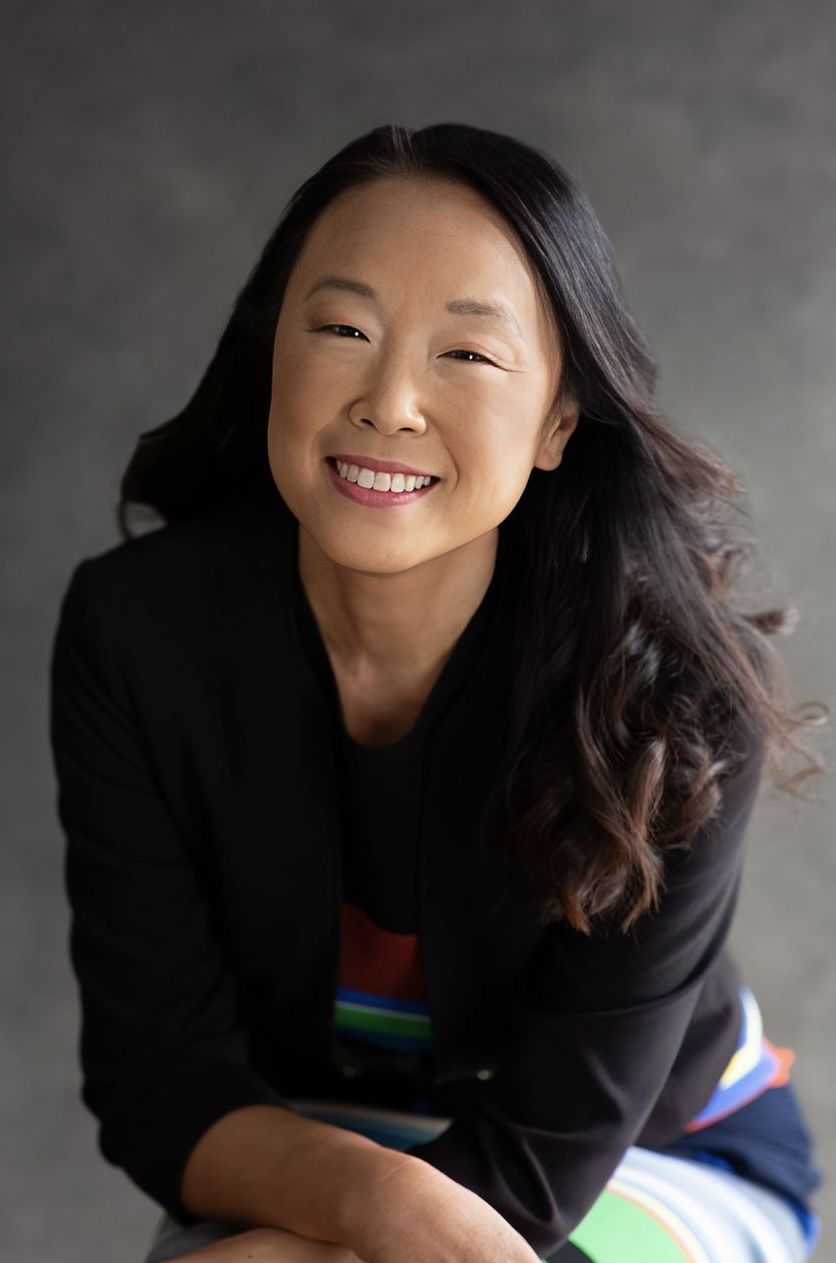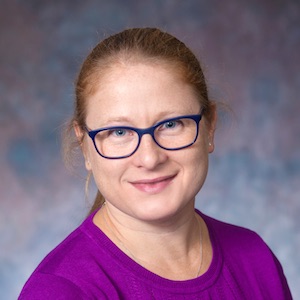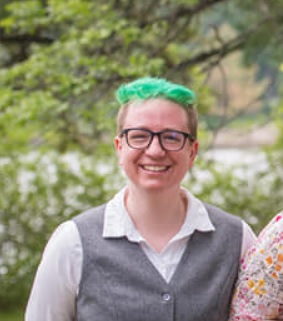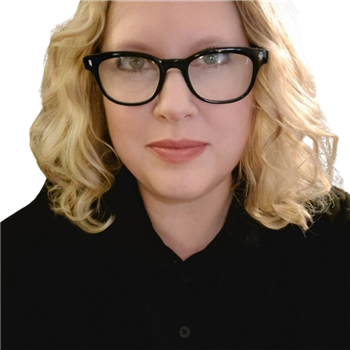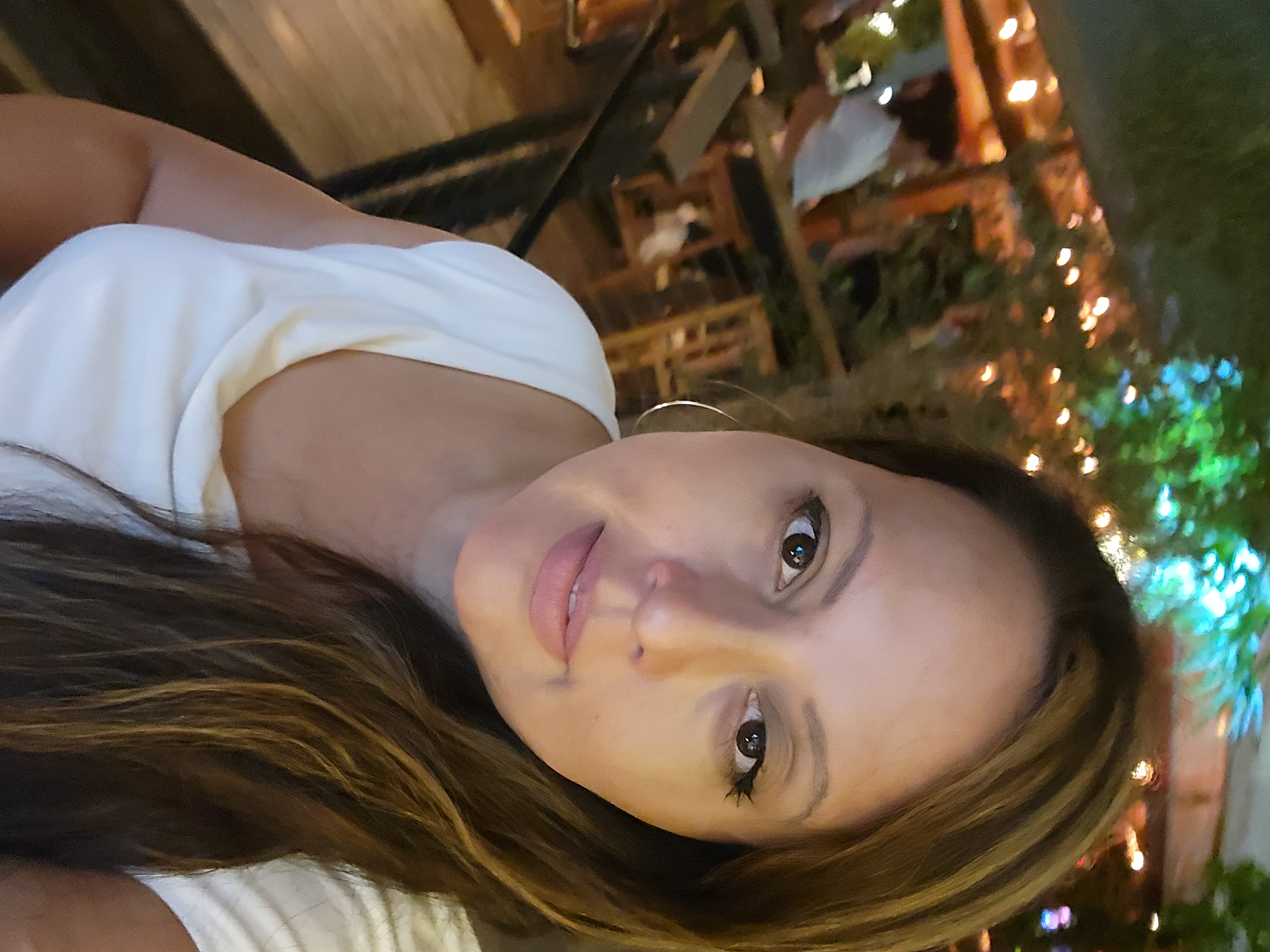All learners in a mainstream elementary school classroom deserve to engage equitably with core learning; and they CAN, even at varying levels of English language proficiency. Be it literacy instruction, mathematics, science, or social studies, multilingual learners can learn alongside their peers in the homeroom, with strategic, differentiated support. In this session, participants will explore a range of instructional strategies that scaffold learning for young multilingual learners of English, specifically between the ages of 6 and 9 years. This is an application-based session that draws directly from teaching experience in Grades 2 and 3, with a focus on making connections to your instructional practice.
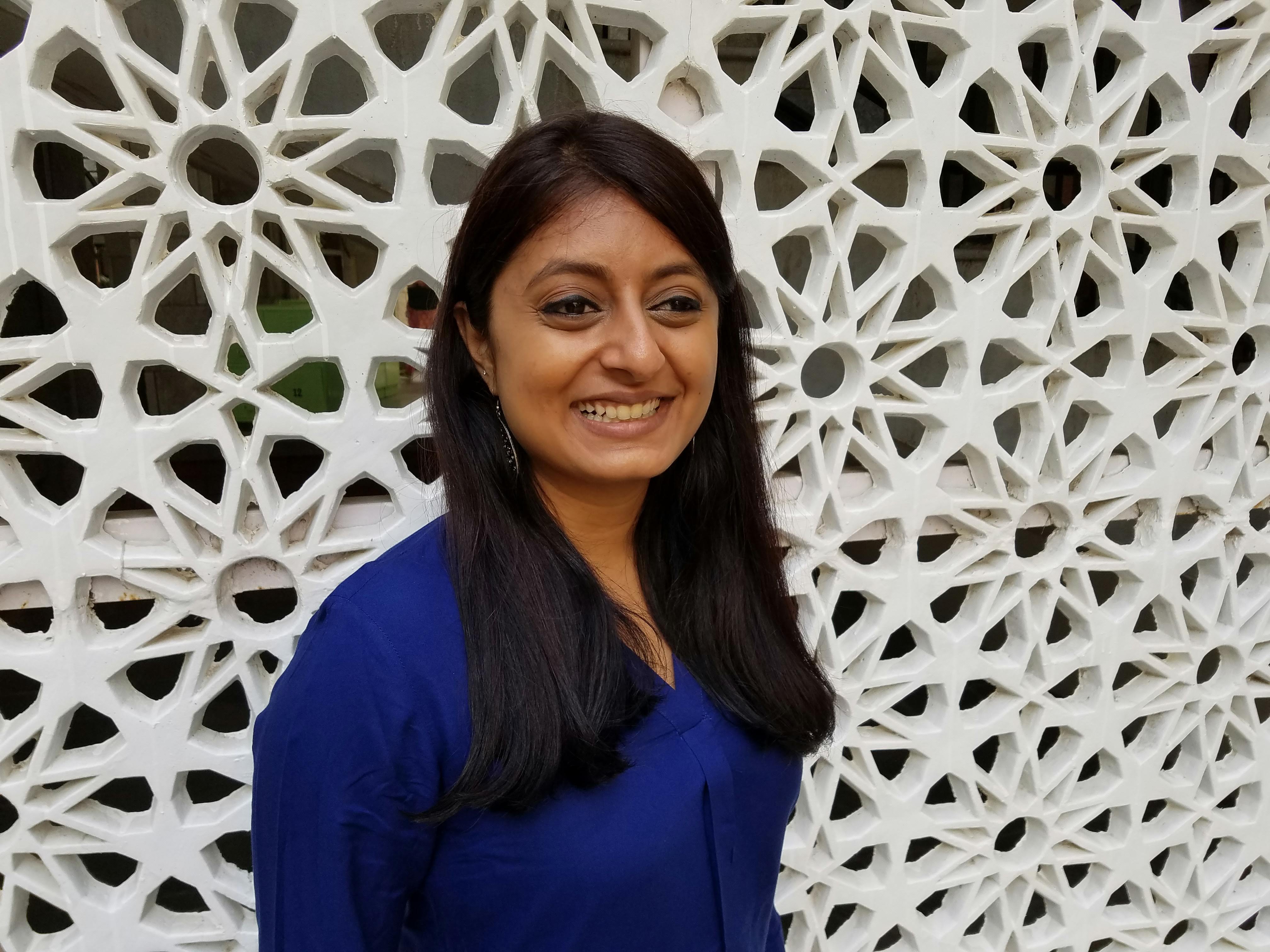 |
Megha Radhakrishnan is an international educator who is passionate about building equity and an asset-based culture of learning in her diverse, multilingual classroom. Originally from India, she has been both an EAL specialist and an elementary homeroom teacher, and currently teaches Grade 2 at the American Cooperative School of Tunis. |


